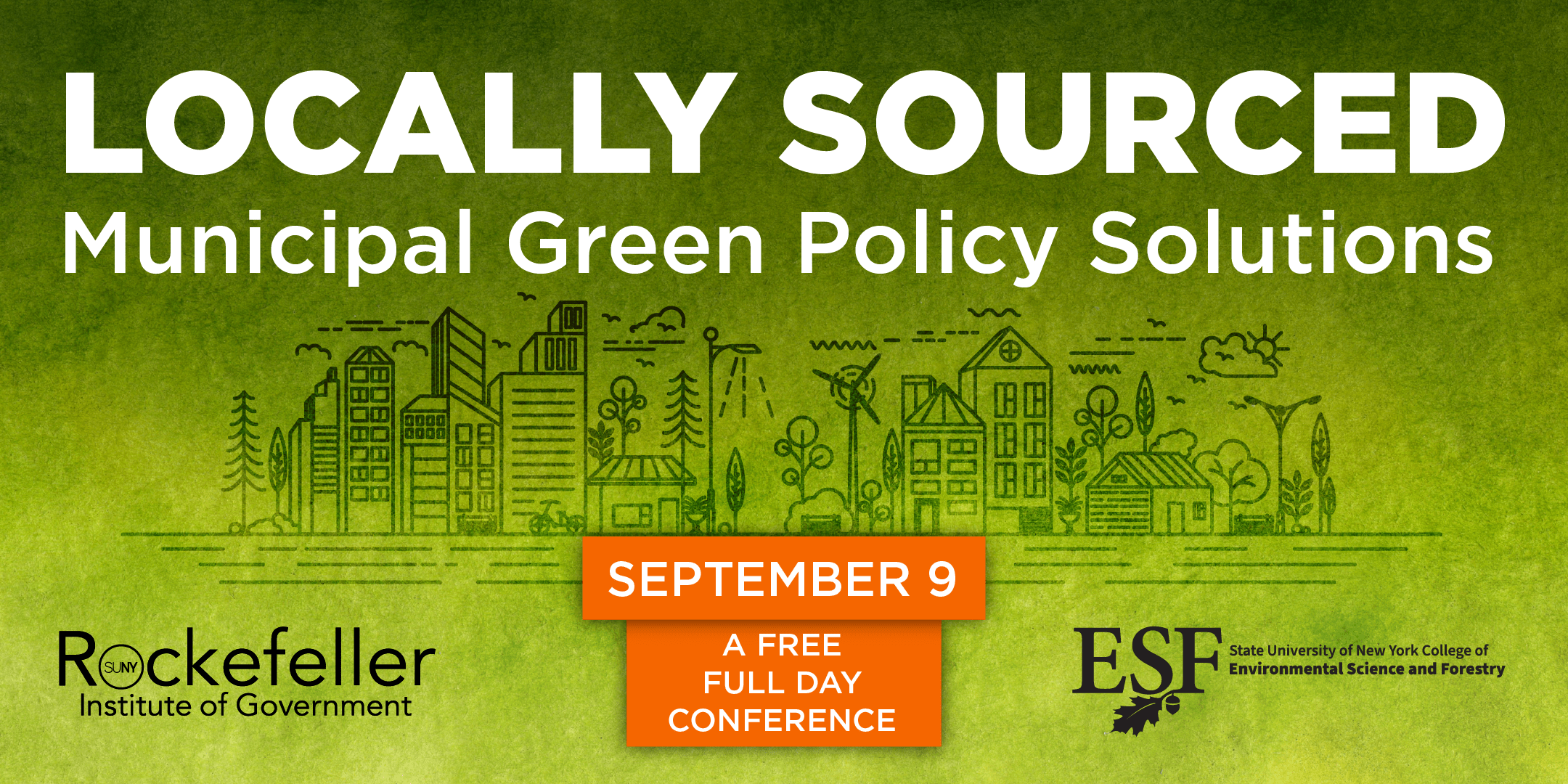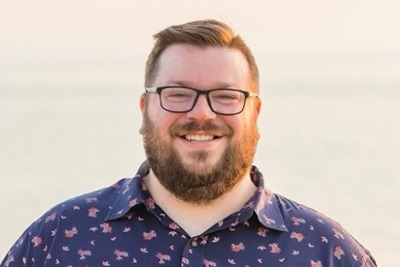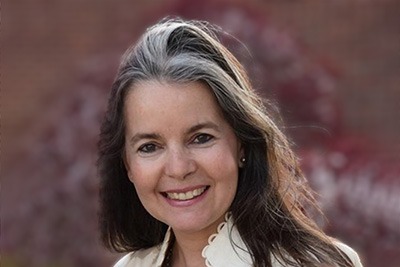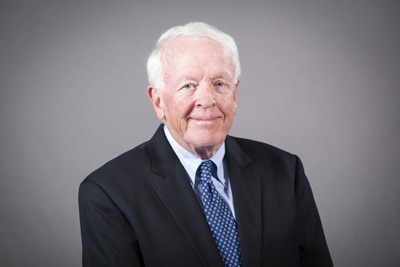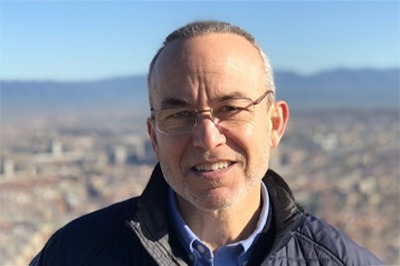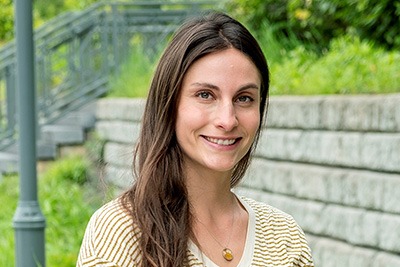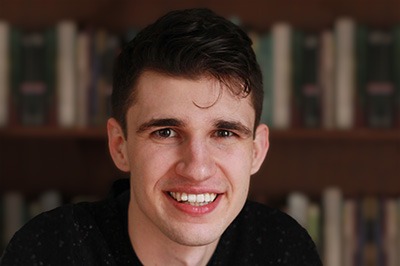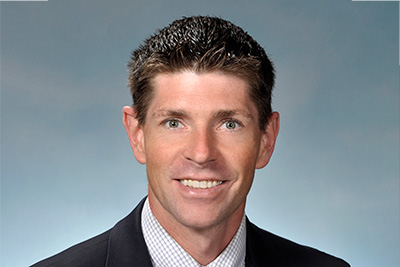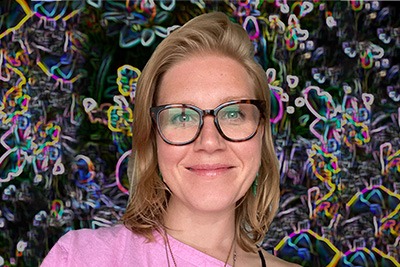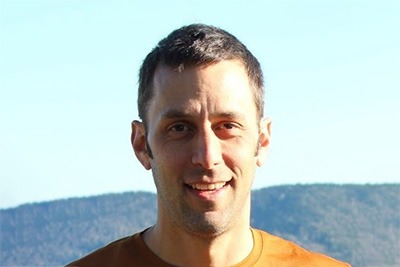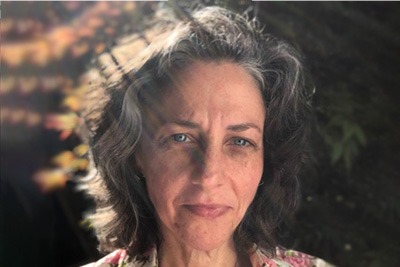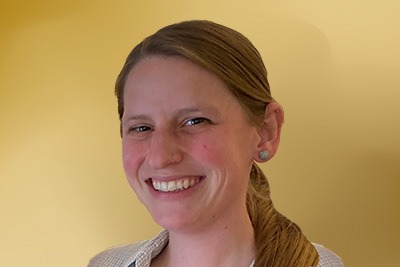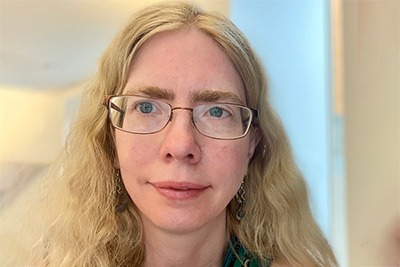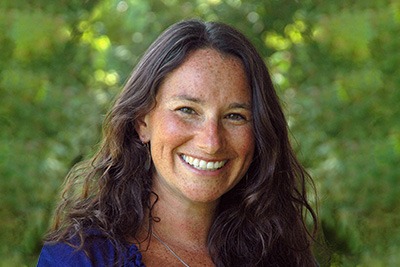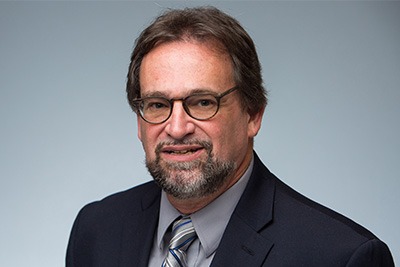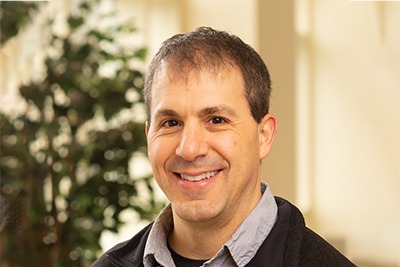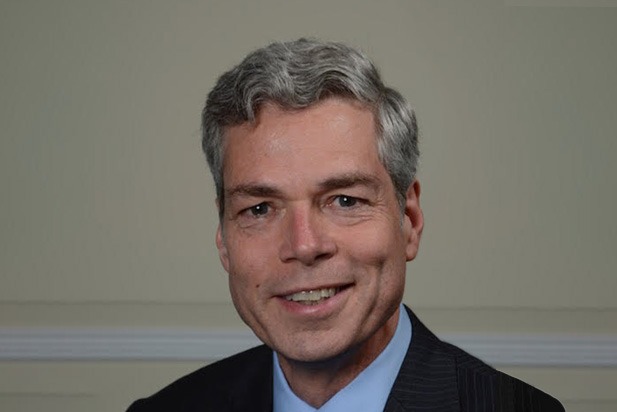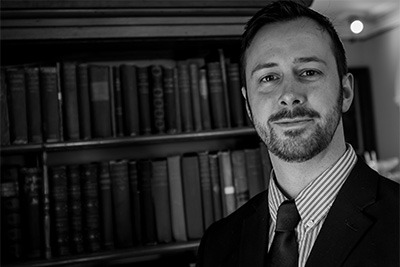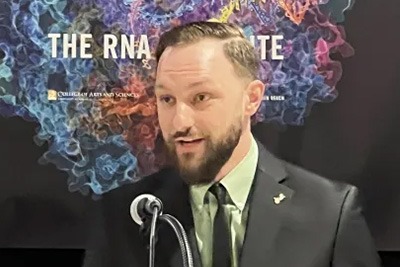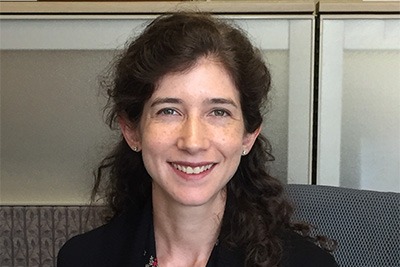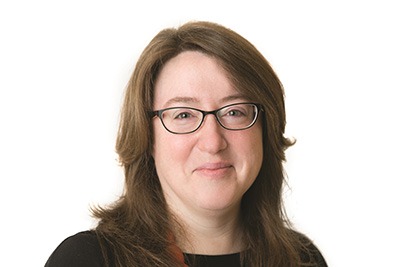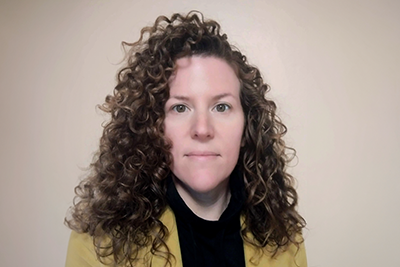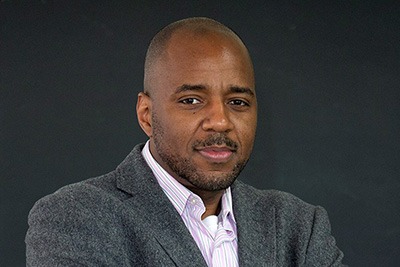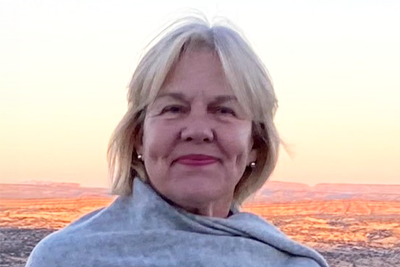Matthew Adams
Fellow, Rockefeller Institute of Government
Matthew Adams is an associate professor and co-director of the materials and structures (MatSLab) at the New Jersey Institute of Technology in Newark, New Jersey. His research focuses on the sustainability, resiliency, and long-term durability of innovative cement-based materials. He also studies how governmental policy both supports and hinders the adoption of sustainable practices in construction. He is a fellow of the American Concrete Institute, where he is currently chairman of the Committee on Recycled Materials in Concrete; and he is also a member of ASTM, International where he chairs the Subcommittee on Testing for Strength of Concrete. He was named a Richard P. Nathan Policy fellow at the Rockefeller Institute for Government in 2020. Adams has received research funding from the Port Authority of New York and New Jersey, New Jersey Department of Transportation, the American Concrete Institute Foundation, and the US Department of Transportation.

